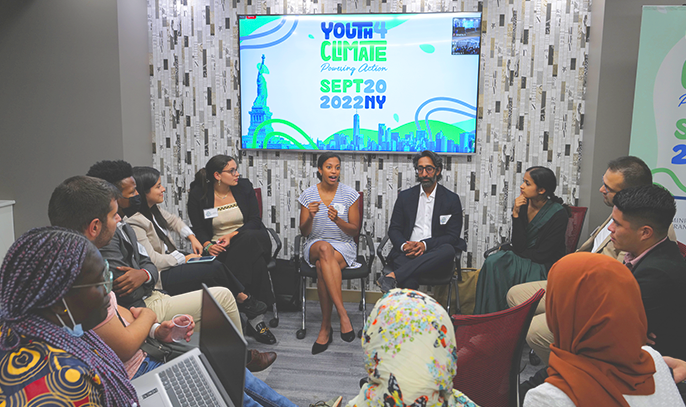Assistenza sanitaria in Yemen
The project is active in seven governatorates in Yemen to guarantee access to primary healthcare services to the people displaced and affected by the conflict.
Starting date
6 March 2023Duration
12 monthsRealized by:
IntersosObjectives
Ensuring access to primary healthcare services to 56 thousand people by supplying medicines. These will be used to build up stocks to mitigate critical deficits and make up for delays in the internal shipping of internationally-produced drugs.
Guaranteeing that communities have access to essential medical care by offering services through mobile clinics, supporting healthcare facilities and providing outpatient assistance for reproductive health; maternal, new-born and child health; assistance before, during and after childbirth; malnutrition treatment and prevention.
Implementing awareness-raising and information activities to respond to the dramatic ongoing healthcare emergency, by raising awareness about the need to protect children who are dying of illnesses that can easily be avoided through basic vaccines.
Strengthening and supporting the capacity of healthcare facilities (both static and mobile) through capacity-building initiatives and training for medical staff and volunteers.
More than seven years after the beginning of the conflict, Yemen is still going through one of the greatest humanitarian crises in the world. The war has seriously worsened the health conditions of the Yemeni population, imposing a serious strain on the community’s reaction capacity.
The increase in epidemics, such as the cholera outbreak in mid-October 2022, is directly linked to the worsening economic situation caused by the war, the regional conflicts impacting on migrant communities, and the global impact of the war in Ukraine. Overall, the Yemeni currency keeps depreciating and the majority of the population cannot satisfy their basic needs, including transport to and from health facilities and the cost of basic medical services, medicines included.
In 2022 the 30 million Yemenis – including 9 million children under 5 years old – witnessed a further weakening of their conditions, and the number of people needing humanitarian assistance went from 20.7 to 23.4 million. Internally displaced people number more than 4 million; 2.5 million live in 2,500 sites, only 700 of which are covered by basic services. Minorities and marginalized groups such as migrants (30,000 every year) live in even greater need.
Only 50% of healthcare facilities is fully functioning in the whole country, while the other 50% is only partially functioning, or not at all.
70% of the sites in 10 governatorates have to face lack of medicines to treat non-communicable diseases; lack of medical equipment for injuries; widespread malnutrition; interruptions in freshwater and sanitation services; displacement and inadequate shelter conditions; disruptions in maternal and child healthcare services and the lack of qualified medical personnel. All this – combined with the high risk of exposure to vector-born diseases caused by poor shelter conditions – exponentially increases the risk of outbreaks.
According to World Health Organization estimates, 50% of deaths in Yemen are caused by non-communicable diseases, 30% by communicable diseases and maternal, perinatal and nutritional conditions, 20% by injuries and lesions.
The project aims to help respond to this tragic humanitarian emergency and will operate in close collaboration with national and local authorities and with the managers of the healthcare facilities it will support.



